Excise taxes plays a very vital role in a country like India in that it is able to finance our overall national treasury as well as act as a check on the purchase of specific goods and services, hence, excise taxes has always been a very major part of the tax structure of our country India.
Since the introduction of the Goods and Services Tax (GST), which has replaced many former excise taxes, all these taxes have undergone a lot of changes by the Indian government.
This blog post on excise taxes in India covers the history, structure, importance, and most recent changes brought about by the Goods and Services Tax (GST) in great detail to give you all the information you may have yet to be aware of about Excise Taxes.
- What are the Excise Taxes in India?
- What is the History of Excise Taxes in India?
- How Many Major Excise Taxes Types are Present in India?
- Who Should Pay Excise Taxes in India?
- What are the Implications of Not Paying Excise Taxes?
- What are the Steps to Pay Excise Taxes?
- What is the Penalty of Not Paying Excise Duty?
- What are the Differences Between Custom Duty and Excise Duty?
- What are the Differences Between Goods and Services Tax (GST) and Excise Duty?
- What is the Impact of Excise Taxes in India?
- In Conclusion
- FAQs
- Q1. Are excise duties applicable to services in India?
- Q2. What goods are currently exempt from excise duties in India?
- Q3. What is the impact of excise duties on imported goods?
- Q4. How does the government ensure compliance with excise duties?
- Q5. Can excise duty rates change?
- Q6. How does excise duty affect consumer prices in India?
What are the Excise Taxes in India?
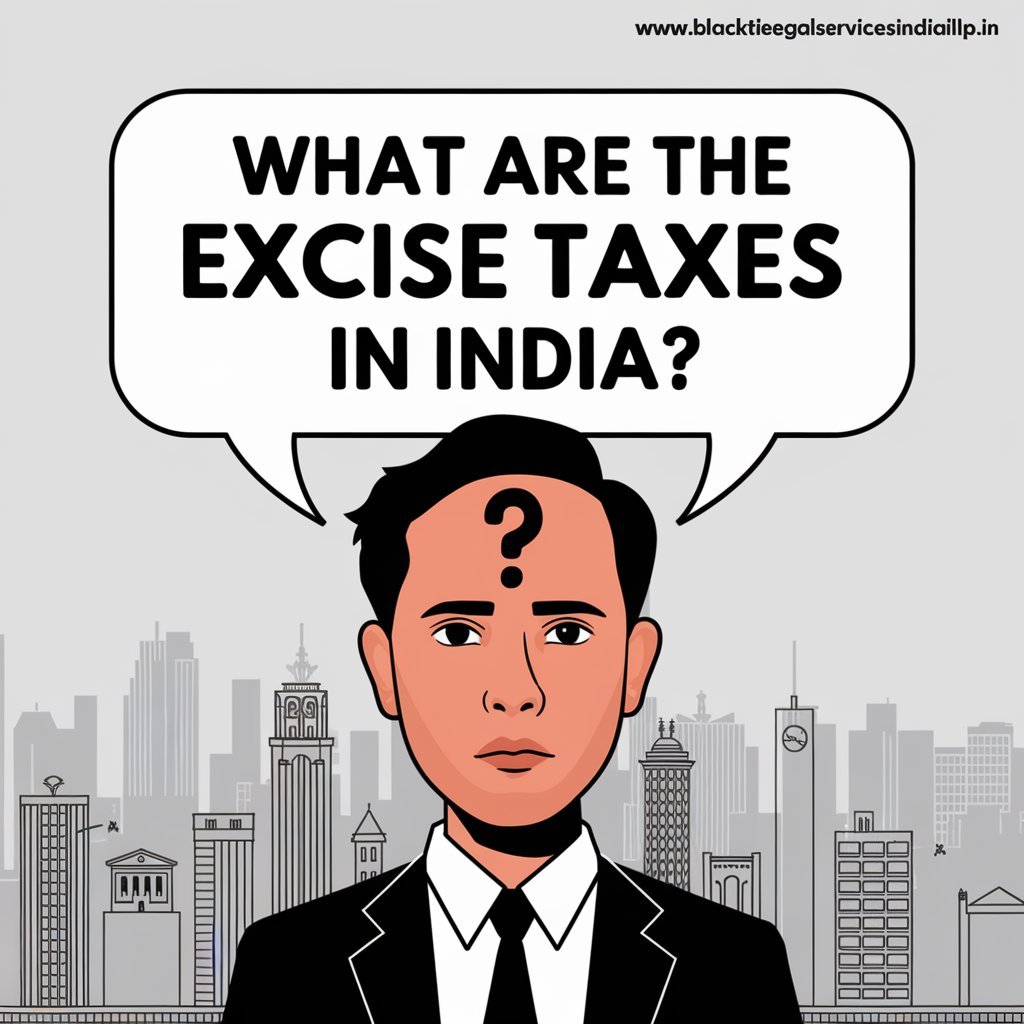
In our country, the Government of India imposes excise taxes on the manufacture or production of many goods, which many people also know as Central Excise taxes.
Excise taxes is imposed only on goods produced in our country India, while customs duty is imposed only on goods imported into India.
Although the manufacturer is responsible for paying the tax, it is usually passed on to the customer in the form of higher pricing because these taxes are indirect in nature.
What is the History of Excise Taxes in India?

The history of excise tax in our country India is many years old, which was established in the 19th century with a good intention as a means of raising funds by the British colonial authority.
Excise taxes were initially levied on goods such as alcohol, opium, and salt. But as time passed, the list of taxable products grew and excise taxes became a major source of income for the colonial government.
After the independence of our country India, the excise system was preserved and developed by the Indian government, and in a very short time it became an important component of the tax system of our country.
An important law on excise taxes also known as the Central Excise Act of 1944 established a legal basis for levying and collecting excise taxes within India right after independence.
This act was still very much in effect when the Goods and Services Tax (GST) was implemented by the Government of India in 2017. GST replaced many previous indirect taxes in a very short time, including the Central Excise taxes on most of the goods.
How Many Major Excise Taxes Types are Present in India?
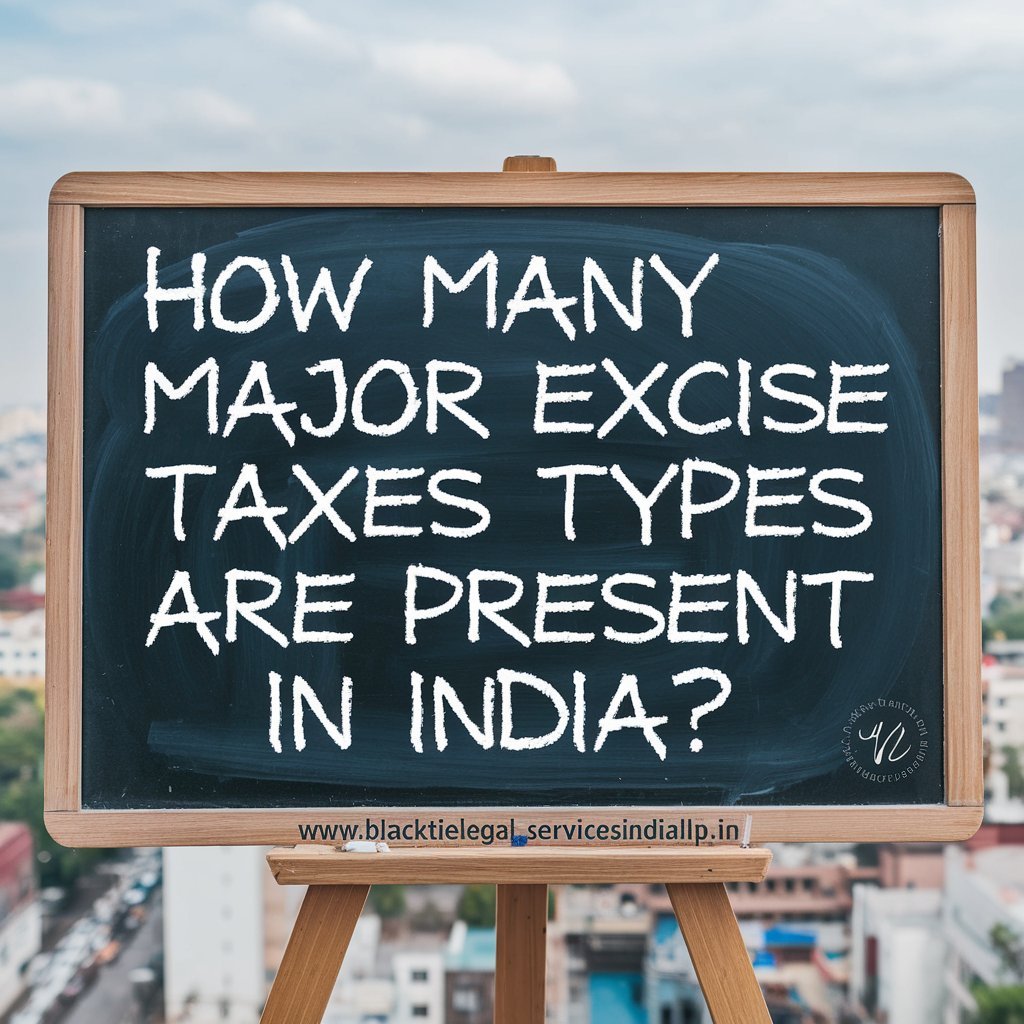
If you see, it will not be wrong at all that there are many types of excise taxes, keeping this in mind, its many types have been divided into 3 categories, which we have explained in great detail for all of you below:
Basic Excise Duty

Before the implementation of GST in our country, many of India’s main excise taxes were known as basic excise duty or central value-added tax (CENVAT).
This tax was levied on all goods produced or manufactured in India, except those goods which were explicitly exempted by the law of the country.
The rate of basic excise duty used to change a lot depending on the type of goods and the revenue requirement of the government.
Since the implementation of GST in India, there has been a lot of reduction in the scope of basic excise duty. At present it is mainly levied by the market government on petroleum products, tobacco, and some other items which never come under the scope of GST.
Additional Excise Duty

In addition to the Basic Excise Duty, several commodities also had Additional Excise Duty (AED) applied to them.
The Indian government implemented it in India to quickly achieve specific policy goals such as increasing the country’s government revenue and advancing social welfare or significantly reducing the use of hazardous products.
For example, alcohol and tobacco products were often subject to AED.
For the majority of commodities, AED was also included in the GST. But it still applies to some products, especially those that are not covered by GST, just like Basic Excise Duty does.
Special Excise Duty

In our country, Special Excise Duty (SED) was an additional tax imposed only on special goods, usually luxury items, with the sole purpose of raising revenue from the country’s affluent customers.
SED was created by the Indian government to tax all products that were considered highly unnecessary or that negatively impacted society and health, such as fancy vehicles, expensive electronics, and certain types of alcohol.
Similar to the other excise taxes, SED was mostly included in GST; nevertheless, it is still imposed on some goods, such as tobacco and petroleum.
Who Should Pay Excise Taxes in India?
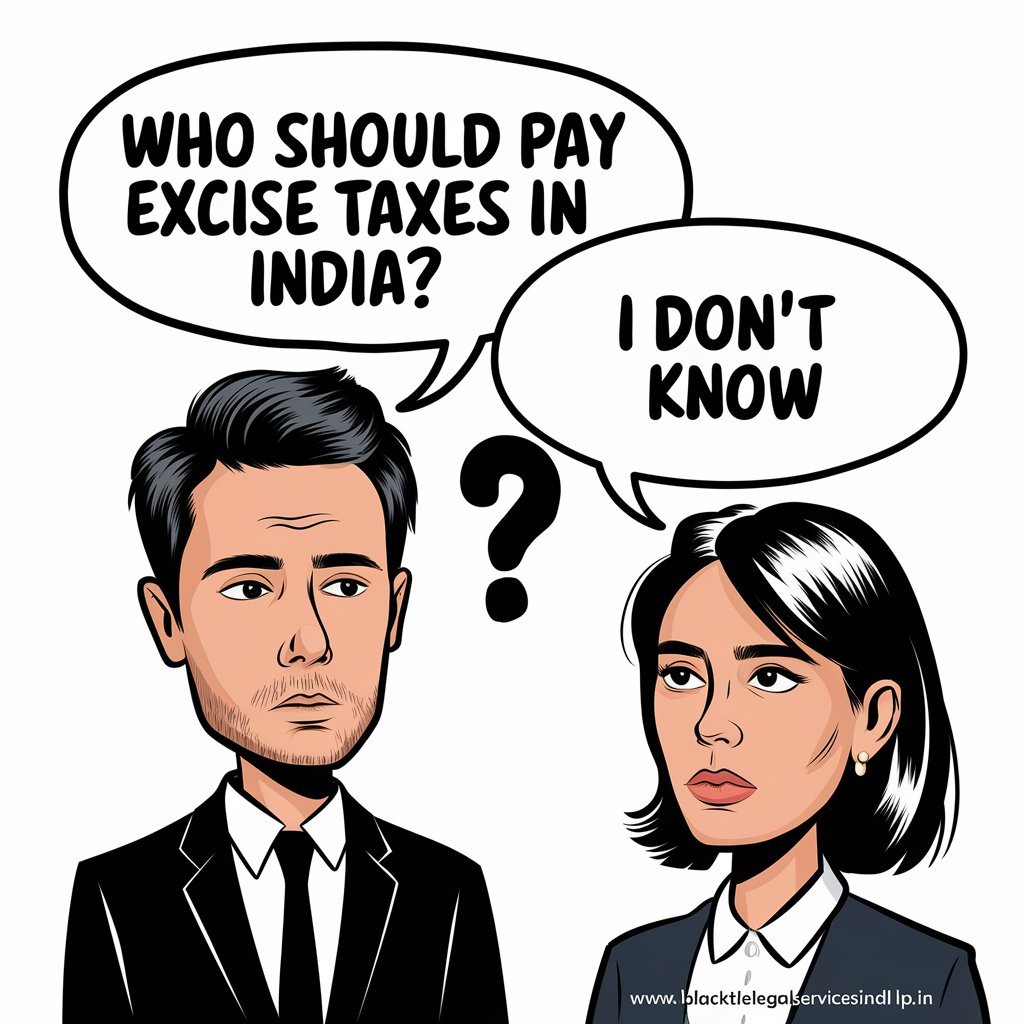
All kinds of people who manufacture or produce things within our country India generally prefer to pay excise duty. The manufacture, distribution, or use of particular goImportersods within our country is subject to all these duties only. Due to which we have clearly explained below who should pay excise taxes:
Manufacturers and Producers

In India, the manufacturers and producers of excisable goods are primarily responsible for paying excise taxes. This includes all types of businesses that are capable of manufacturing all kinds of things like tobacco, alcohol, and petroleum products.
Whenever the product is produced and transported out of the plant, it becomes very important for all these companies to pay excise taxes.
Importers
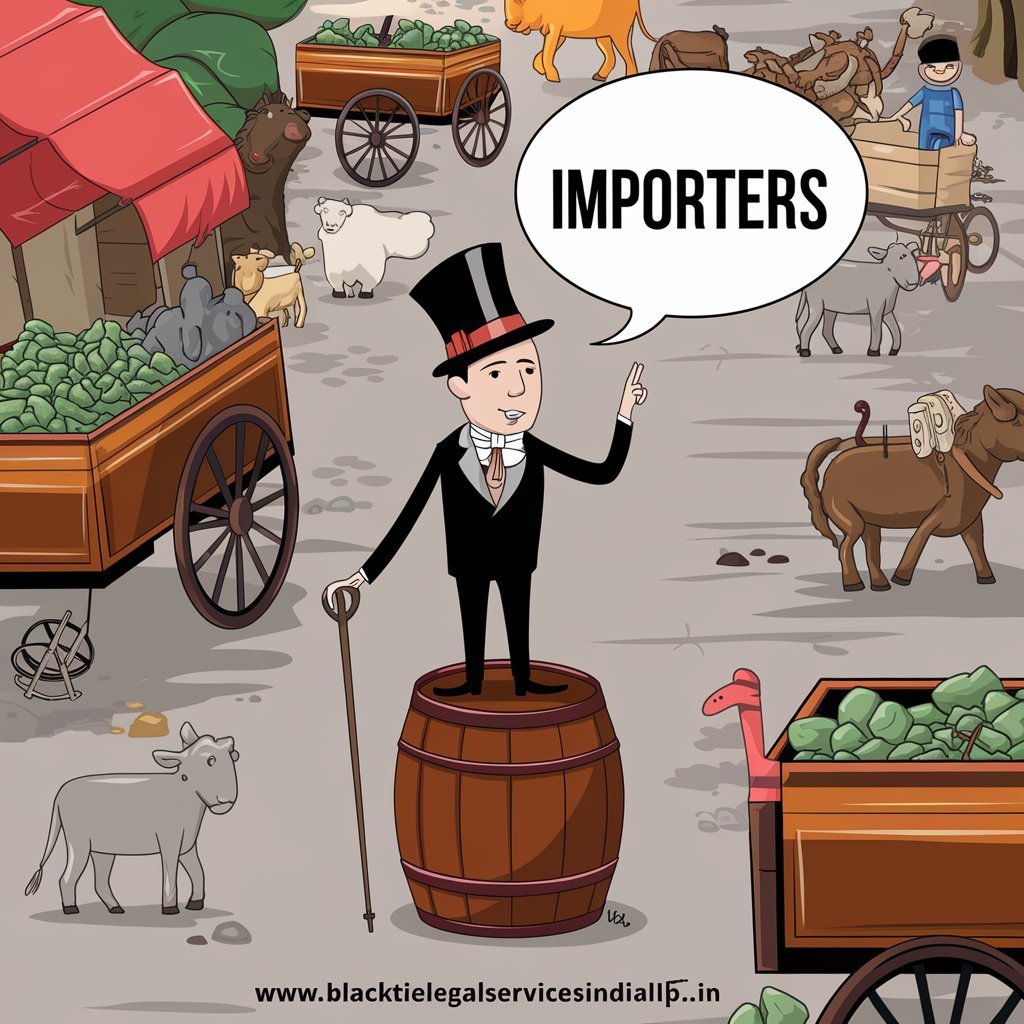
In rare cases, our country is also required to levy a substantial additional excise taxes on importers bringing specific goods into India. Excise duty is imposed when certain specific goods are imported and sold at a good price domestically.
Dealers and Distributors

Although the primary responsibility for all excise duties lies solely with the manufacturers, dealers, and distributors who possess excisable goods may also be held liable for excise duties to a large extent if they engage in certain specific activities such as stock transfer.
Consumers

The cost of duty is borne by the manufacturers and importers; however, the cost to consumers is always included in the final price of the product. In other words, excise duty is indirectly borne by all consumers.
What are the Implications of Not Paying Excise Taxes?
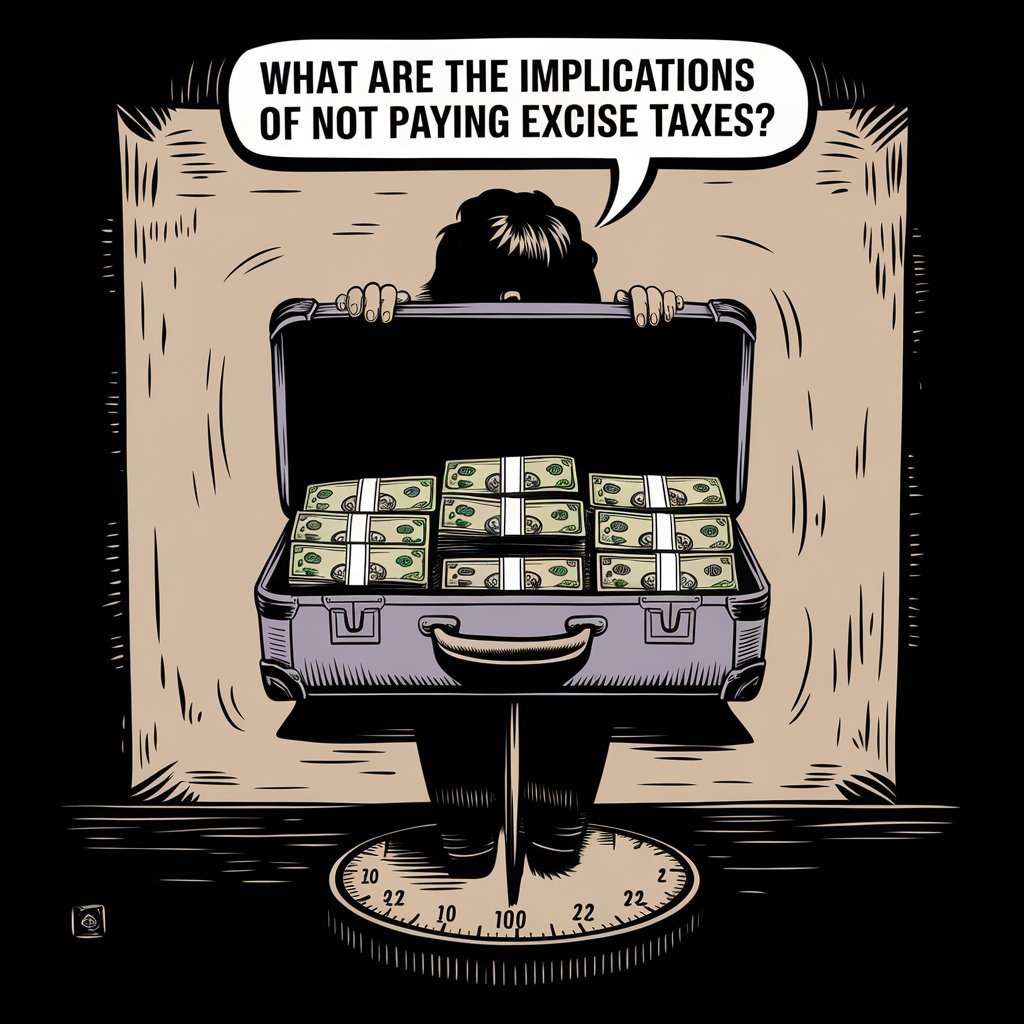
Non-payment of excise taxes in India can lead to serious legal and financial consequences:
- Penalties and Fines: Within India, non-payment of excise duty attracts a hefty penalty. The penalty amount can be substantially reduced or increased depending on how serious your mistake was and whether it was done negligently or intentionally.
- Interest on Unpaid Duty: The government of our country can charge a hefty interest on the amount of unpaid excise duty. Generally, the calculation of interest starts from the day on which the duty is payable and ends on the day on which it is most easily paid.
- Seizure of Goods: Within India, any products on which excise duty has not been paid are directly confiscated by the authorities. And you must be well aware that since the confiscated products cannot be replaced, the company may have to suffer huge losses due to this.
- Prosecution and Legal Action: The Indian government may also file criminal charges against any defaulter in extreme circumstances, especially if the excise duty is not paid intentionally by an individual. This can result in jail time and other legal consequences for the individual.
- Impact on Business Operations: A business operation can also be disrupted by the government if excise duty requirements are violated in any way for any reason. Licenses that are critical to the production or distribution of excise-eligible goods may also be suspended or revoked by authorities.
- Damage to Reputation: Any legal issues arising from unpaid excise duties can cause significant damage to a business’s reputation and significantly impact relationships with suppliers, investors, and consumers.
What are the Steps to Pay Excise Taxes?
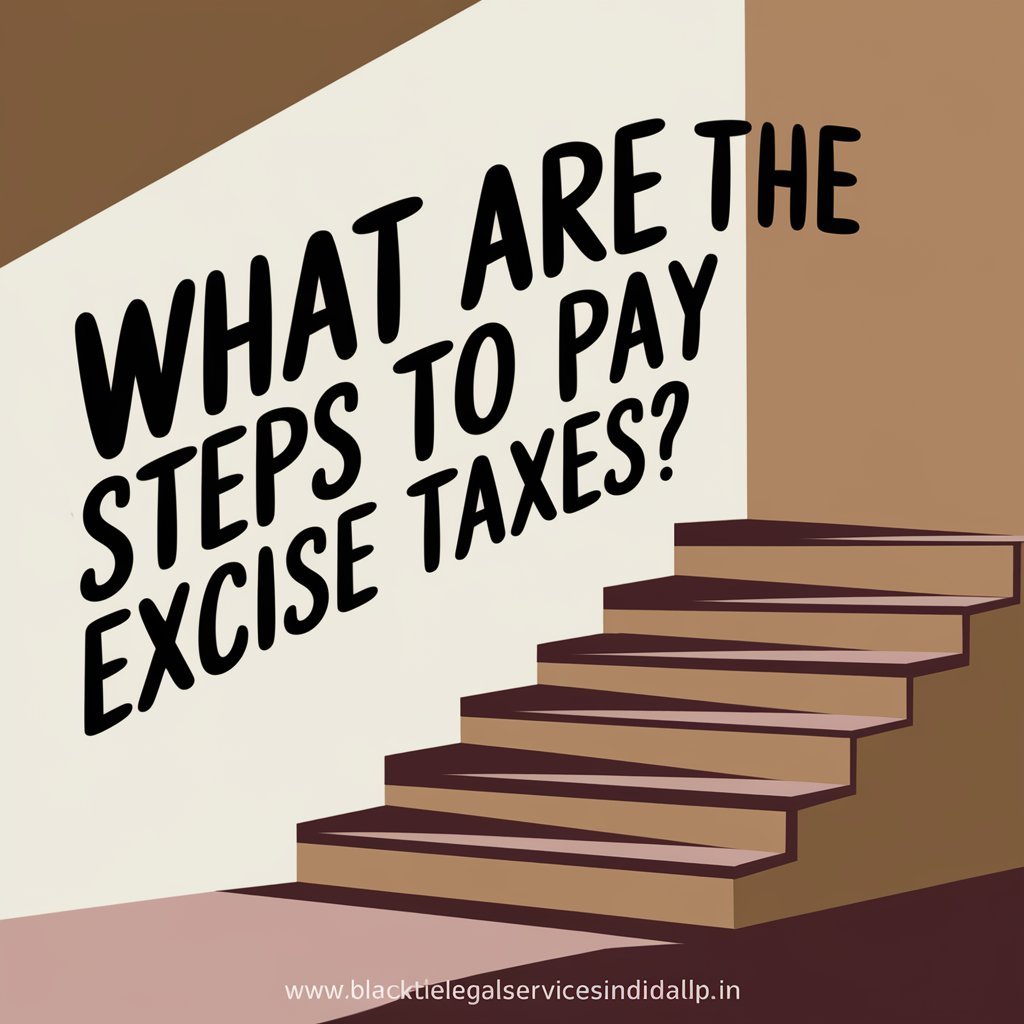
Paying excise duty in our country India requires following several steps to ensure compliance with the Government of India, which we have mentioned in detail below:
1. Determine the Applicability of Excise Duty
First, ascertain if the products you produce or manufacture are liable to excise taxes in accordance with the Central Excise Act. This pertains to some products, such as petroleum products, alcohol, and tobacco, among others.
2. Register with the Excise Department
If any of your goods are subject to a high number of excise duties, you must register your manufacturing facility with your Central Excise Department. The Automated Central Excise and Service Tax (ACES) portal allows the filing of the application online. Alternatively, you can contact your local excise office to get it done.
3. Calculate the Excise Duty Payable
Start the procedure to determine all your excise duties based on the valuation of the goods. For all goods, the duty is usually calculated in a very short time as a percentage of the transaction value or maximum retail price (MRP).
4. File Excise Returns
Depending on the nature of your firm, you may have to file your excise returns on a monthly or quarterly basis using Form ER-1 (for manufacturers) or other relevant forms that are of utmost importance. You can use the ACES portal to file these returns.
5. Make the Payment
You must remember that paying the excise duty amount is very important while filing your returns. You can use net banking to make the payment online through the ACES portal. Although manual payment still remains a huge option in authorized banks, online payment is considered faster and much more convenient.
6. Maintain Records
It is very important for a taxpayer to maintain accurate records of the products produced, the amount of excise duty paid and the returns filed. Because an excise department will need all these documents for audit and inspection.
7. Audit and Compliance
To ensure that you have paid your excise duty correctly, be prepared to be audited by the excise department on a regular basis. During your audit, all documents related to sales, production, and duty payment will be scrutinized by the excise department with utmost care.
8. Rectify Errors if Necessary
If you want to avoid penalties, it’s important to correct errors in your tax return or payment as soon as you discover them. You may have to file an updated return or pay an additional fee to do so.
What is the Penalty of Not Paying Excise Duty?
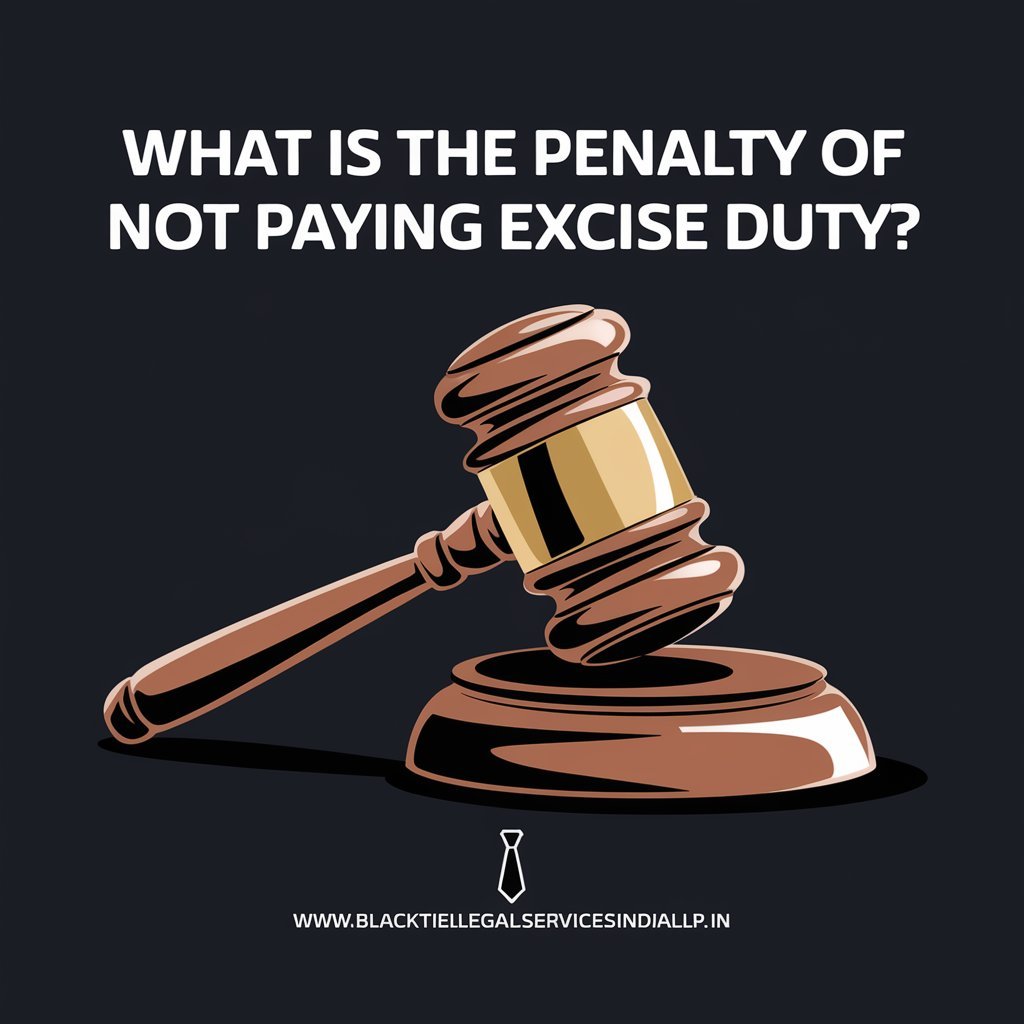
Non-payment of excise taxes in India can lead to severe penalties under the Central Excise Act, which are mentioned in detail below:
- Fines: Excise tax penalties, which usually range from 25% to 50% of the amount of tax evaded in our country India, are imposed by the Government of India on all those individuals and businesses who neglect to make payments. This penalty is imposed to encourage timely payments and discourage non-compliance.
- Interest on Unpaid Duty: Apart from excise taxes and penalties, interest is also levied directly on your outstanding excise duty amount, which increases the financial burden significantly, and is levied from the duty due date till its full payment.
- Seizure and Confiscation: An officer can confiscate all the goods on which your excise duty has not been paid. This can cause a lot of losses, as it is likely that all confiscated products will be difficult or impossible to recover.
- Prosecution and Imprisonment: In case of deliberate tax evasion, the government of our country can initiate criminal proceedings against the culprit without any second thoughts. Depending on the severity of his crime, the culprit can also be sentenced to imprisonment.
- Suspension of Operations: Any type of business that is found to be continuously violating its excise laws can have its license completely suspended or cancelled by the authorities, which can greatly increase the chances of it ending its operations.
What are the Differences Between Custom Duty and Excise Duty?
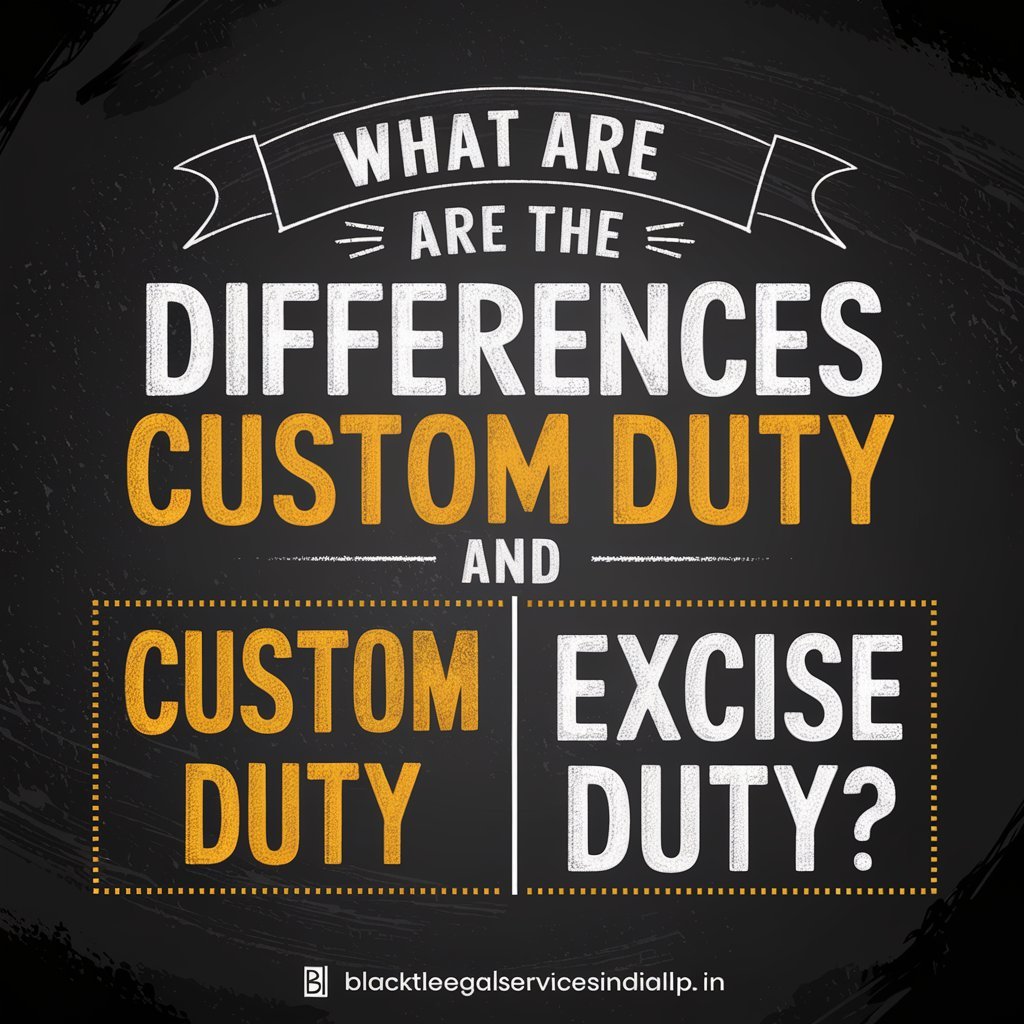
There are lots of differences between custom duty and excise duty which we have explained in detail in the following manner:
| Aspect | Custom Duty | Excise Duty |
|---|---|---|
| Definition | A tax levied on goods when they are imported into or exported from India. | A tax levied on goods manufactured or produced within India. |
| Applicable On | Goods that are imported into or exported out of the country. | Goods that are produced or manufactured within the country. |
| Payer | The importer or exporter of the goods. | The manufacturer of all the goods. |
| Regulatory Authority | Governed by the Customs Act, 1962. | Governed by the Central Excise Act, 1944. |
| Calculation Basis | Calculated on the transaction value of the goods, including insurance and freight. | Calculated on the manufacturing cost or the MRP of the goods. |
| Objective | To regulate the import and export of goods and protect domestic industries. | To generate revenue from the production of goods within the country. |
| When Payable | Payable at the time of import or export. | Payable at the time goods are removed from the manufacturing premises. |
| Types | Includes Basic Customs Duty, Countervailing Duty (CVD), and Additional Customs Duty (ACD). | Includes Basic Excise Duty, Special Excise Duty, and Additional Excise Duty. |
| Exemptions/Relief | Exemptions may be provided under trade agreements or for goods of strategic importance. | Exemptions may be granted for goods used in further manufacturing processes or for export. |
| Impact on Consumers | Generally increases the cost of imported goods, affecting the retail price. | Typically included in the price of domestically manufactured goods. |
What are the Differences Between Goods and Services Tax (GST) and Excise Duty?
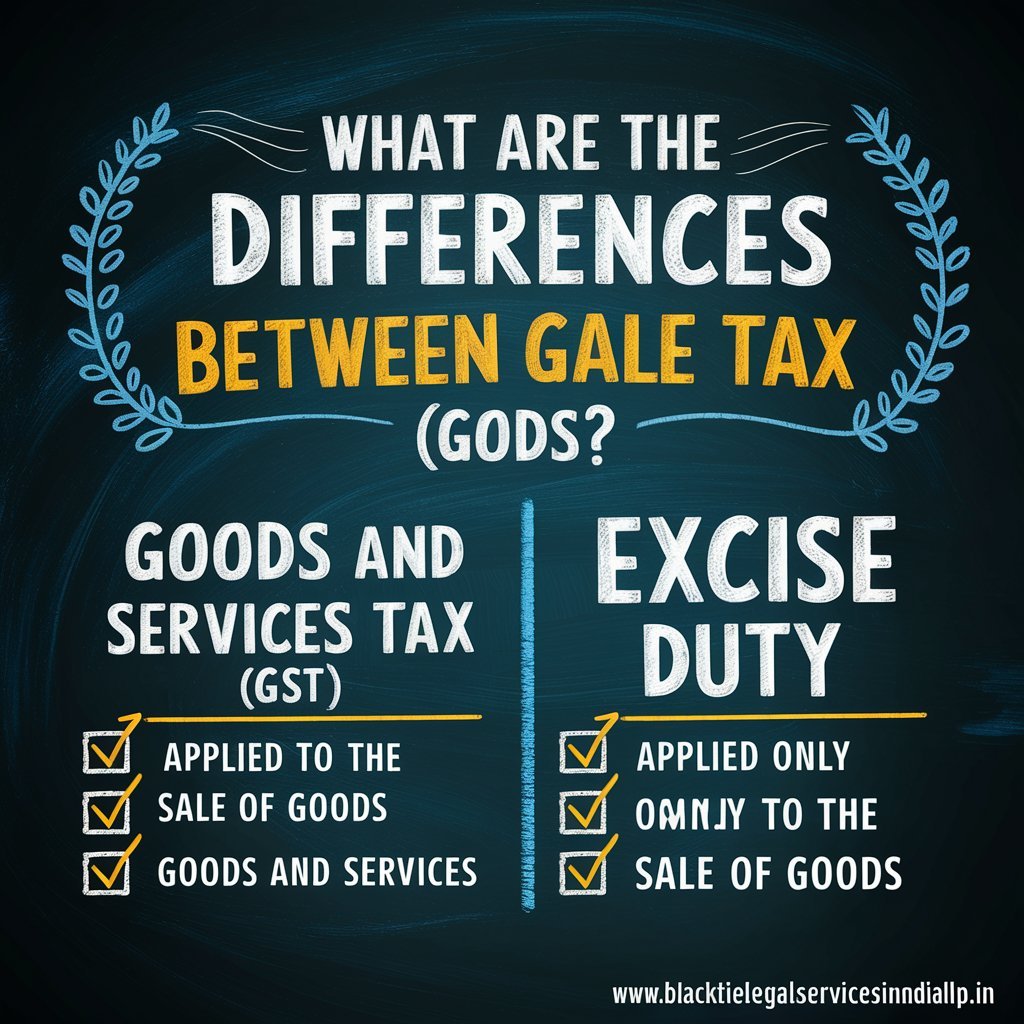
There are lots of differences between Goods and Services (GST) and excise duty which we have explained in detail in the following manner:
| Aspect | Goods and Services Tax (GST) | Excise Duty |
|---|---|---|
| Definition | A comprehensive, multi-stage, destination-based tax on the supply of goods and services. | A tax levied on goods manufactured or produced within India. |
| Applicable On | All goods and services sold or consumed within India, except those specifically exempted. | Goods that are produced or manufactured within the country. |
| Payer | Paid by the supplier, but the burden is passed on to the final consumer. | Paid by the manufacturer or producer of the goods. |
| Regulatory Authority | Governed by the Central Goods and Services Tax Act, 2017 (CGST Act) and respective state GST Acts. | Governed by the Central Excise Act, 1944. |
| Calculation Basis | Calculated on the transaction value of goods and services, which includes the price, insurance, and freight. | Calculated on the manufacturing cost or the Maximum Retail Price (MRP) of the goods. |
| Objective | To create a unified tax system, replacing multiple indirect taxes like VAT, service tax, and excise duty, and to avoid the cascading effect of taxes. | To generate revenue from the production of goods within the country. |
| When Payable | Payable at every stage of value addition, but the final burden is on the consumer. | Payable at the time goods are removed from the manufacturing premises. |
| Scope | Nationwide, covering both goods and services, and applying across all states and union territories. | Limited to the manufacturing of goods within the country. |
| Input Tax Credit (ITC) | Allows for the credit of taxes paid on inputs to be set off against the tax liability on output. | Input credit was available under the CENVAT scheme, but with limitations. |
| Tax Structure | There are several different GST rates within India, ranging from 0%, 5%, 12%, 18%, and 28%, depending on the type of goods or services. | Generally, the rate of excise duty is determined based on the type of goods. |
| Impact on Consumers | Simplifies the tax structure and reduces the tax burden by avoiding the cascading effect, potentially lowering prices. | Generally increases the price of goods due to the addition of the duty. |
What is the Impact of Excise Taxes in India?
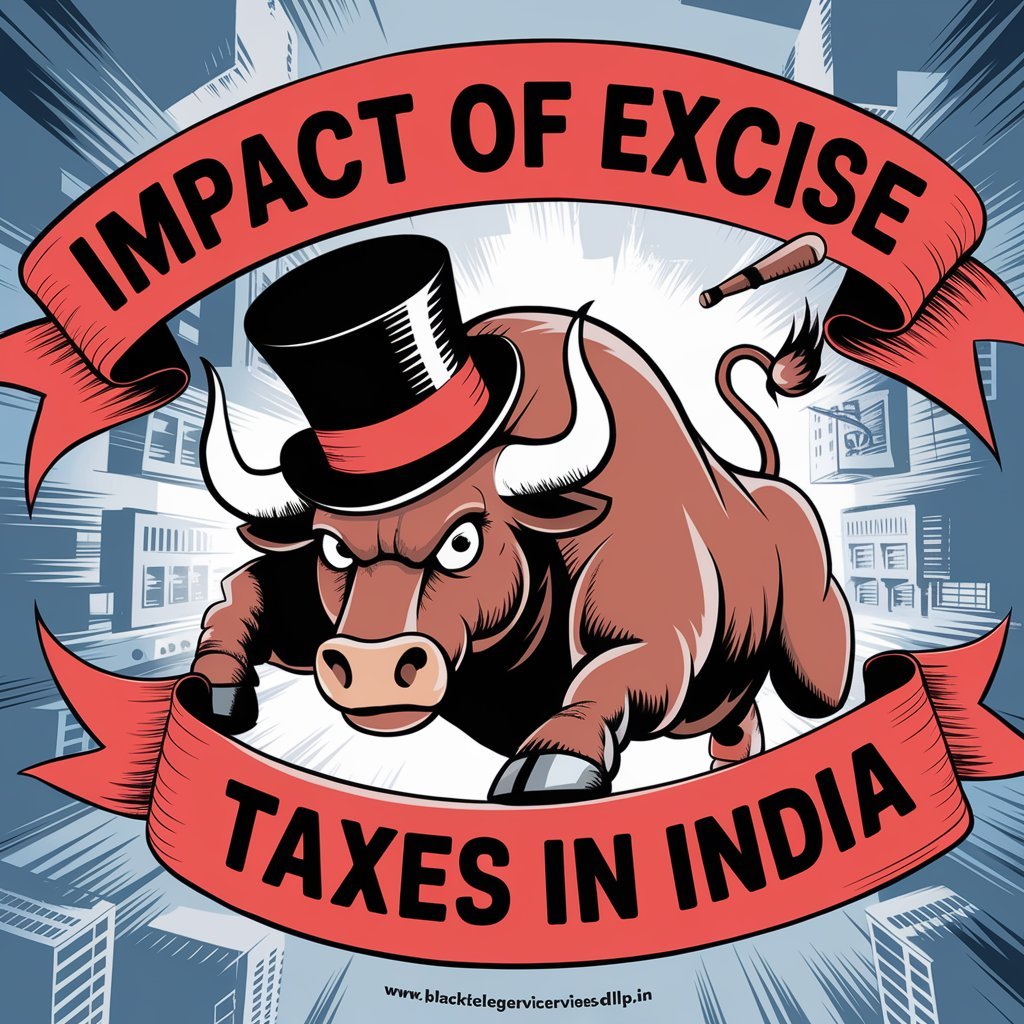
Excise duties in our country have a huge impact on the Indian economy, which you can clearly see. Due to this, there has been a huge change in consumer behavior and prices along with government revenue.
Apart from this, they are very important in fulfilling the more general goals of social and economic policy. Which We have written them in detail below:
Revenue Generation

You all must know very well that in the past, the Government of India has derived most of its total income from excise duty.
Before the implementation of GST, a significant part of the government’s overall tax income came from excise duty.
But even after the implementation of GST, tobacco, fuel products, and some other goods provide a large amount of money to the government.
Price and Consumption Effects
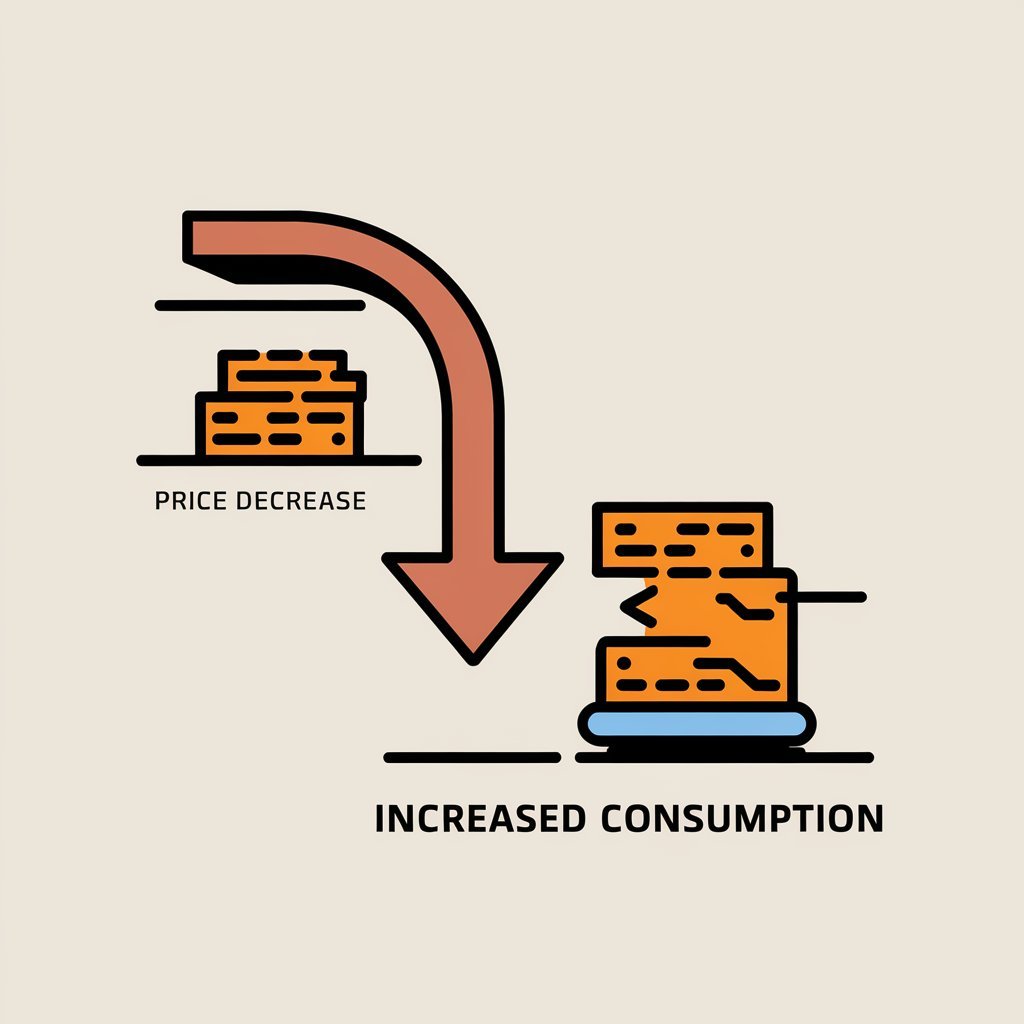
The prices of all goods subject to these types of taxes are directly affected by excise duties. The price of some goods also increases substantially as a result of increased excise duties, which increases the chances of a significant drop in demand.
Since high excise duties are very commonly imposed on sin goods such as alcohol and tobacco, which are intended to discourage use due to their harmful effects on health, this pricing effect is most noticeable in these cases.
The impact of excise taxes on prices also has other consequences that affect the entire economy. For example, high levels of excise duty on petroleum products have the effect of increasing transportation costs, potentially increasing the price levels of goods and services, leading to inflation.
Social and Environmental Impact

It has been observed that excise taxes are employed to drive social and environmental ends. For instance, high excise duties have been charged on commodities like tobacco and alcohol as a way of discouraging their usage since they’ve negative impacts on the health of consumers.
In the same manner, excise tax on auto fuels has the goal of decreasing consumption of oil products and enhancing environmental efficiency.
Moreover, the revenue collected in the form of excise duties is used to finance social welfare services, including health and education, which benefit the general public.
Impact on Industry

Given the fact that the imposition of excise duties affects all types of industries that produce excisable goods, the effect of excise duties on these industries may be disproportionate.
An increase in taxes will reduce profits, especially for firms that are price-sensitive or have low-profit margins. This may result in lower investment levels, lower production levels, and even job losses.
However, excise taxes can also act as a positive incentive for industries, especially by motivating them to seek efficiency gains.
For example, an increase in fuel tax rates may lead to better production of fuel-efficient vehicles or another source of power.
Similarly, imposing higher taxes on certain foods and beverages that are considered unhealthy may promote healthier food and beverages.
In Conclusion
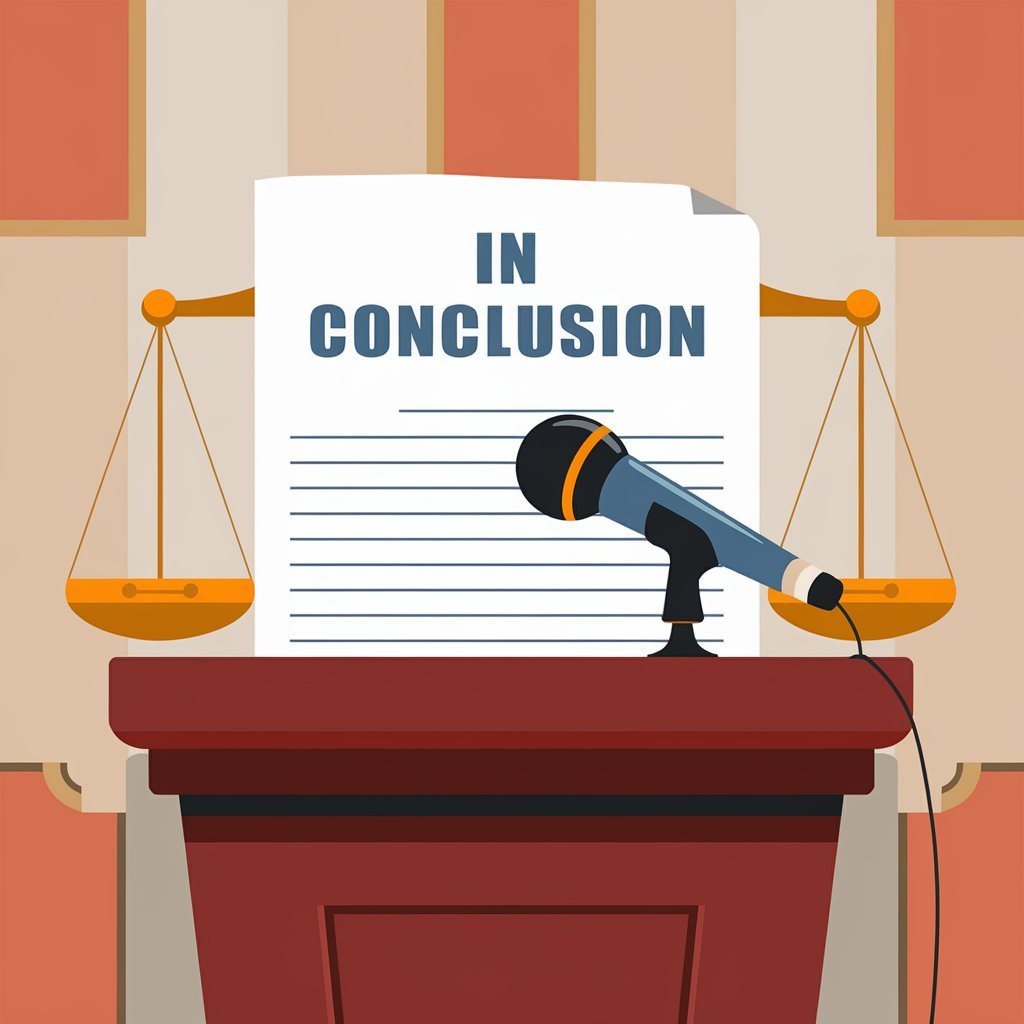
Excise Taxes have been in place in our country India for over a century and have been an essential tool in efforts to raise revenue, influence consumer behavior, and meet social and economic policy goals.
As mentioned in the previous sections, excise duties have diminished due to the introduction of GST, however, these taxes remain relevant for certain products and play a large role in India’s economy.
With the continued growth of India’s economy, it can be expected that the function of excise duty will also change according to the new issues and possibilities on the horizon.
The purpose of this paper is to highlight the history, types, administration, and effects of excise duty in India so that members of the economy, government, business, and other key stakeholders can be well informed about the complexities of taxes and thus move the economy forward.
FAQs
Q1. Are excise duties applicable to services in India?
A1. No, excise duties are specifically levied on the manufacture and production of goods. Services were traditionally taxed under the Service Tax regime, but after the introduction of GST, most service taxes were subsumed under GST.
Q2. What goods are currently exempt from excise duties in India?
A2. Goods produced by small-scale industries under a certain turnover threshold, goods meant for export, and some essential items like agricultural products are generally exempt from excise duties.
Q3. What is the impact of excise duties on imported goods?
A3. Imported goods are primarily subject to customs duties, but if they undergo further manufacturing or production within India, they may then attract excise duties as well.
Q4. How does the government ensure compliance with excise duties?
A4. The government ensures compliance through a combination of measures, including mandatory registration of manufacturers, regular audits, inspections, and the use of technology like electronic invoicing and monitoring systems to track the production and movement of excisable goods.
Q5. Can excise duty rates change?
A5. Yes, excise duty rates can change and are typically updated through the Union Budget presented annually by the Finance Minister.
Q6. How does excise duty affect consumer prices in India?
A6. Excise duties are generally passed on to consumers in the form of higher prices. The extent to which prices increase depends on the duty rate and the price elasticity of the product. Essential goods with lower price elasticity may see smaller price changes, while non-essential goods may see more significant price hikes.

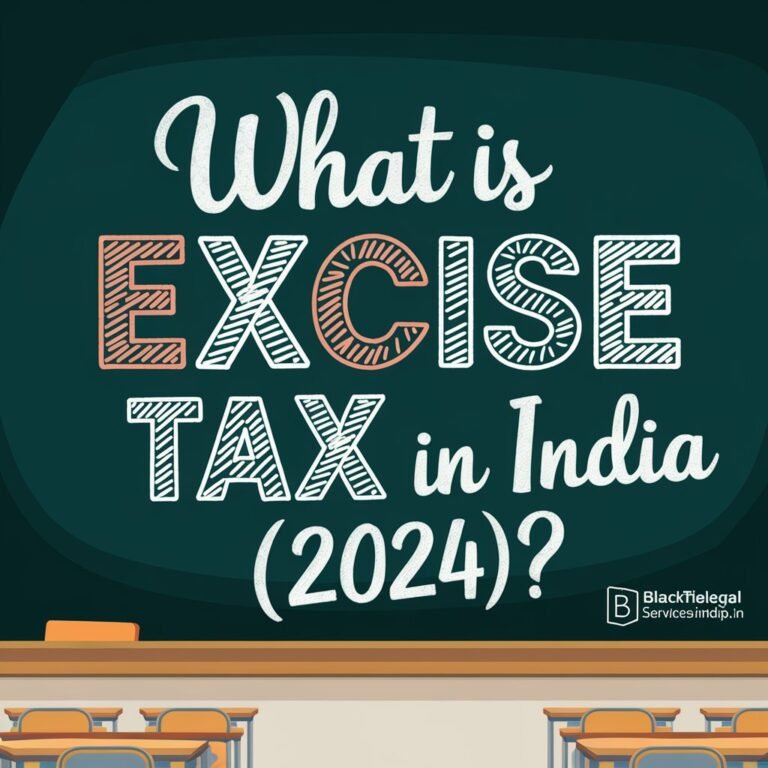
Add a Comment